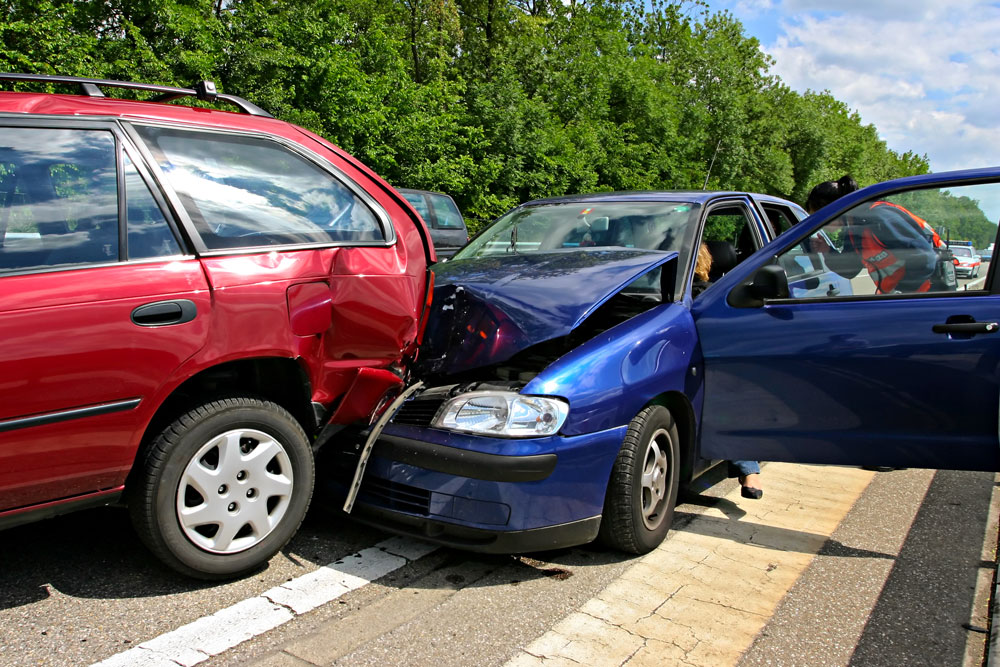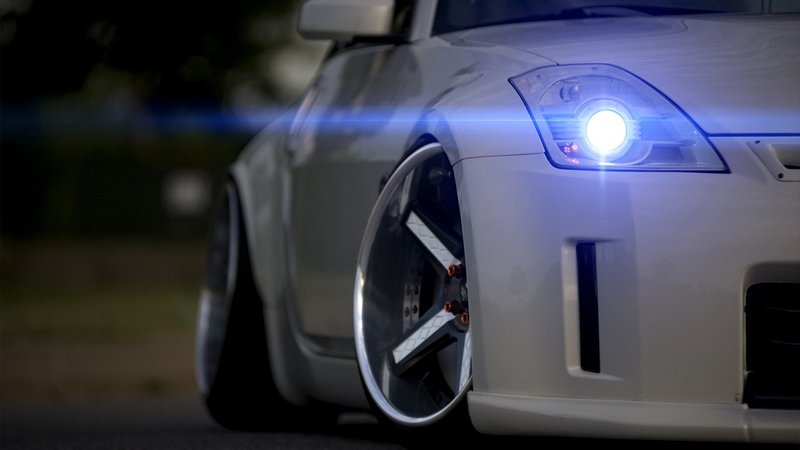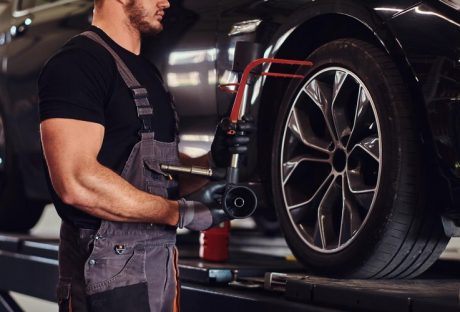You may have wondered what your Uninsured Motorist Coverage actually entailed on your car insurance policy as a Tennessee driver. You may not have known, but insurance companies estimate that almost 15% of drivers are operating without insurance. If you are struck by an uninsured motorist, there is no way for you to recover money for damages, injuries, or pain and suffering that resulted from the accident. Therefore, many insurance companies — and a growing list of states — make Uninsured Motorist Coverage mandatory in their policies. This way, you are protected in the event that you are in an accident with an uninsured driver.
What does my Uninsured Motorist Policy Cover?
The specifics of your uninsured motorist policy will vary from company to company, but in the most general terms, you and your passengers are covered for bodily injury, property damage, lost wages, or pain and suffering. Additionally, the policy-holder will be covered in the event of a hit-and-run, where it is impossible to determine who the driver was, let alone if they were insured or not. Note that your uninsured motorist policy is not the same as an UNDERINSURED motorist policy, which will cover the difference between your injuries and the maximum of the other person’s policy.
Bodily Injury Coverage
If you or your passengers suffer personal injuries in an accident with an uninsured motorist, your policy will cover medical bills, lost wages, as well as pain and suffering. Without this policy, being struck by an uninsured motorist would shoulder each individual with the burden of a lack of coverage that was out of their control. Bodily and emotional suffering are often hard to quantify in a car accident, and therefore makes a personal injury lawyer indispensable to claim what is rightfully owed. If you or your passengers have suffered bodily or emotional injury as the result of a wreck with an uninsured motorist, it is suggested you consult with a personal injury lawyer in Knoxville, TN.
Property Damage Coverage
Property damage is easier to quantify than personal injury because it will reflect the values of repairs or replacements. Even though this is the case, there are still many nuances that you must navigate to ensure you get the proper reimbursement for your situation. Consulting with an attorney is the best way to ensure that your situation is fully rectified with your insurance company and that you or your passengers will feel fairly compensated for your accident with an uninsured driver. It was not your fault that the other driver was uninsured, and it should not be your financial burden.
Am I required to have Uninsured Motorist Coverage in Tennessee?
Yes, you are required to have an uninsured motorist clause on your insurance policy in Tennessee. Hopefully, you will never be required to use this coverage, but in the event that you must, you can rest easy knowing that you are properly covered even though the other driver was fully uninsured. A growing number of states legally require each insured driver to have this additional coverage, and Tennessee is one of these states.
Read Also :
- Along For The Ride: Passenger Rights In-Vehicle Accidents
- There Is A Pothole Problem In America – How To Protect Your Car From Damage?
Feature image source: theandrewagency.com






















